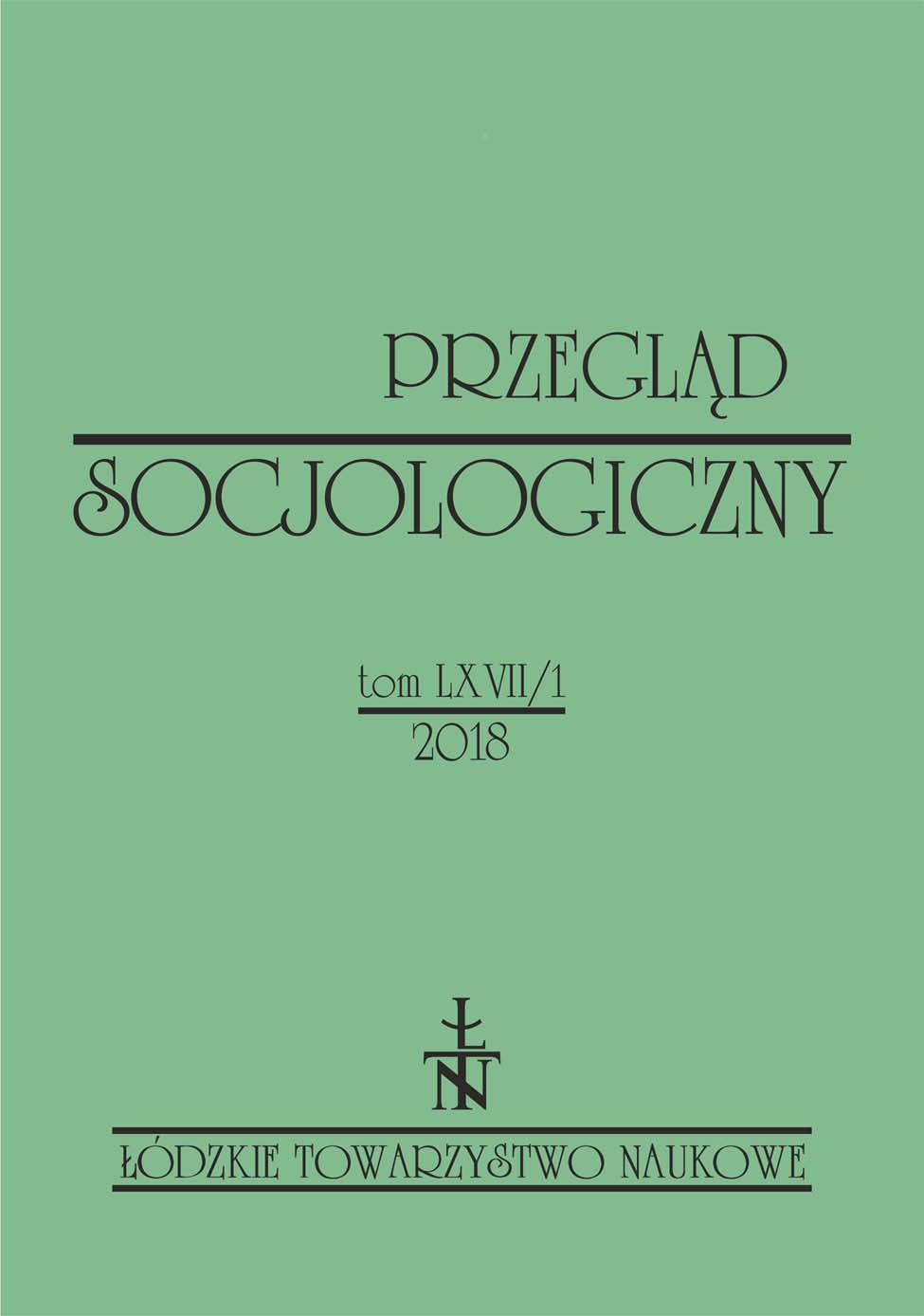Car parking and care. Researching urban neighbourhoods with the theory of social practices
DOI:
https://doi.org/10.26485/PS/2018/67.1/7Abstract
The article is based on two different research experiences and describes the theoretical tools that were used in the analysis of large urban neighbourhoods. By reflecting on those experiences, we want to show the limitations of the notions of neighbourhood bonds and social capital in the investigation of structuration processes on the local level. Against this background, we describe the theory of social practices and explain its fitness for the investigation of urban neighbourhoods. This is based on a research project conducted in three Polish cities, Cracow, Tychy and Lublin, between 2015 and 2017. The article concentrates on car parking and care as two examples of social practices. The prominence of the former results from contradictory interests in the uses of urban space. The latter, in turn, is rooted in the emotional structures and attitudes of practicing actors. The use of the theory of social practices helped us to discover that car parking creates stable patterns of relationships that have an organizational, normative and class-structuring character. These relationships play an important role in the emergence of parkinghoods (i.e. neighbourhoods based on car parking). Practices of care, although less evident, efficiently bind people with each other and with their surroundings, and enable an exchange of non-economic resources.



